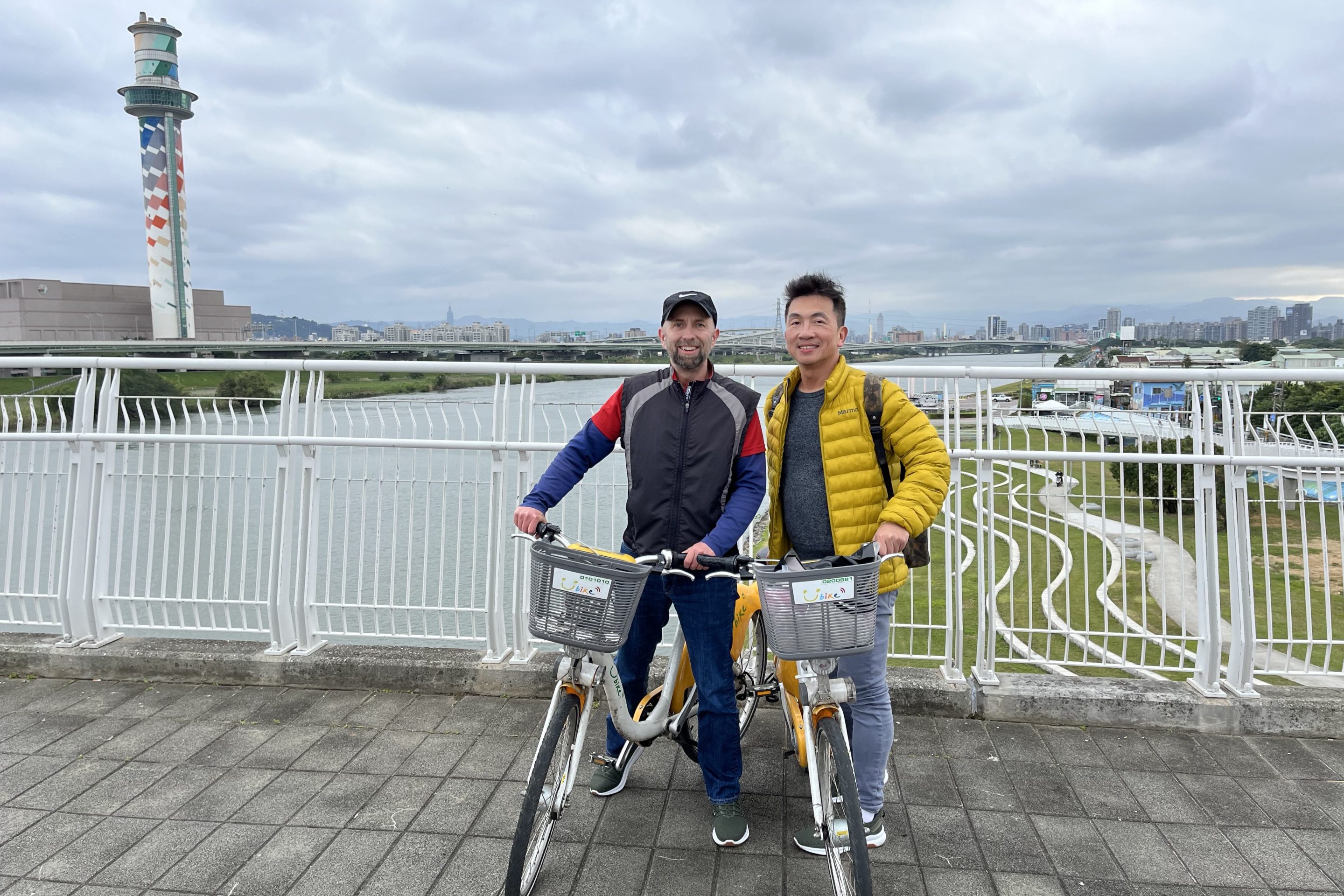 Photo: busbozo
Photo: busbozoWith just over a week to go before the first Sunday Streets ciclovia of 2010, organizers are working overtime to get all the details squared away for the March 14th street closure, which is expected to draw tens of thousands of cyclists, pedestrians, skaters, and bladers to the Embarcadero and Fisherman's Wharf.
The route for the event will span from UCSF Mission Bay to Fisherman's Wharf, with various activity nodes along the way. At the intersection of
Jefferson and Powell streets, the Fisherman's Wharf
Community Benefit District (FWCBD) will host a Family Fitness Fair, including pedal-powered amusement park rides from Cyclecide, the Bike Rodeo.
Susan King, principal Sunday Streets organizer for Livable City, said the concerns from merchants about closing streets to cars in previous years had dissipated, and the business community has embraced the benefits of large crowds enjoying car-free streets.
"As the event becomes more popular and merchants like the event, the issue of not having access to a few miles of roadway for a few hours on Sunday afternoon is more acceptable now," said King.
King noted that the partnership with the San Francisco Municipal Transportation Agency, which is the lead organizer from the city, has facilitated a number of logistical hurdles that made previous Sunday Streets more challenging.
"With the MTA on the inside it opens a lot of doors. The team is more fluid with what’s going to happen. We understand what needs to be done," said King, who noted that similar ciclovia events have been most successful when the local department of transportation is the lead agency.
"The most successful programs are those internalized in the fabric of the local and regional government," said King.
According to King, the most difficult part of coordinating Sunday Streets this year is nurturing fundraising relationships. Each of the nine Sunday Streets this year is expected to cost approximately $50,000, costs which should be underwritten by private, commercial partners.

MTA Spokesperson Judson True was very excited about Sunday Streets, saying it was a rare highlight for the agency amid numerous bad headlines. "Obviously a lot of the news about the SFMTA is dark these days, so it's nice to have such a positive series of events planned," said True. True said Sunday Streets "dovetails with our mission as an agency," and that it is "no longer a pilot, no longer an experiment" but "an institution."
Unlike the many other street fairs in San Francisco, said True, during Sunday Streets, "the streets themselves are the fair."
In a marked turnabout from the first Sunday Streets in Fisherman's Wharf, when merchants were vehemently opposed to closing streets to cars, this year merchants are incredibly supportive, according to FWCBD Executive Director Kevin Carroll. Based on surveys conducted by the CBD, nearly two-thirds of visitors to the area during last year's Sunday Streets were local San Franciscans.
"There is even more of an appetite to work with the event and make it as great as can be for the neighborhood," said Carroll. "Last year we were able to show that we could put on an event and what was really exciting was how many locals came to the event."
One of the highlights of the Fisherman's Wharf programming events, said Carroll, will be the inclusion of Cyclecide, the Bicycle Rodeo. One of Cyclecide's club members, Laird Rickard, said they would have two pedal-powered amusement park rides: Cyclefuge (a bicycle-powered radial swing-set) and Kiddie Carousel, popular with the younger crowd.
Rickard echoed Carroll's feeling that the programming at Fisherman's Wharf would draw a particularly local crowd. " I'm hoping it will be a good opportunity for locals to get out," he said, noting that he rarely ventures to the Wharf except to satiate an occasional need for clam chowder in bread bowl.
"With Sunday Streets, it's great. It will bring out a lot of locals."





